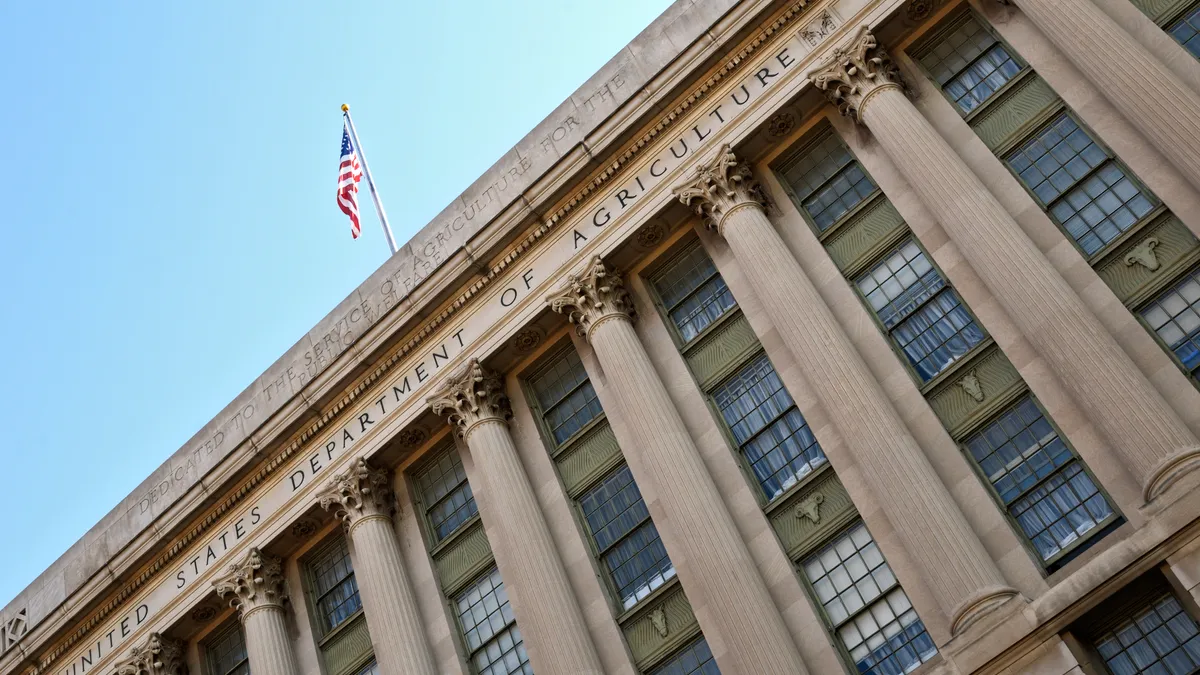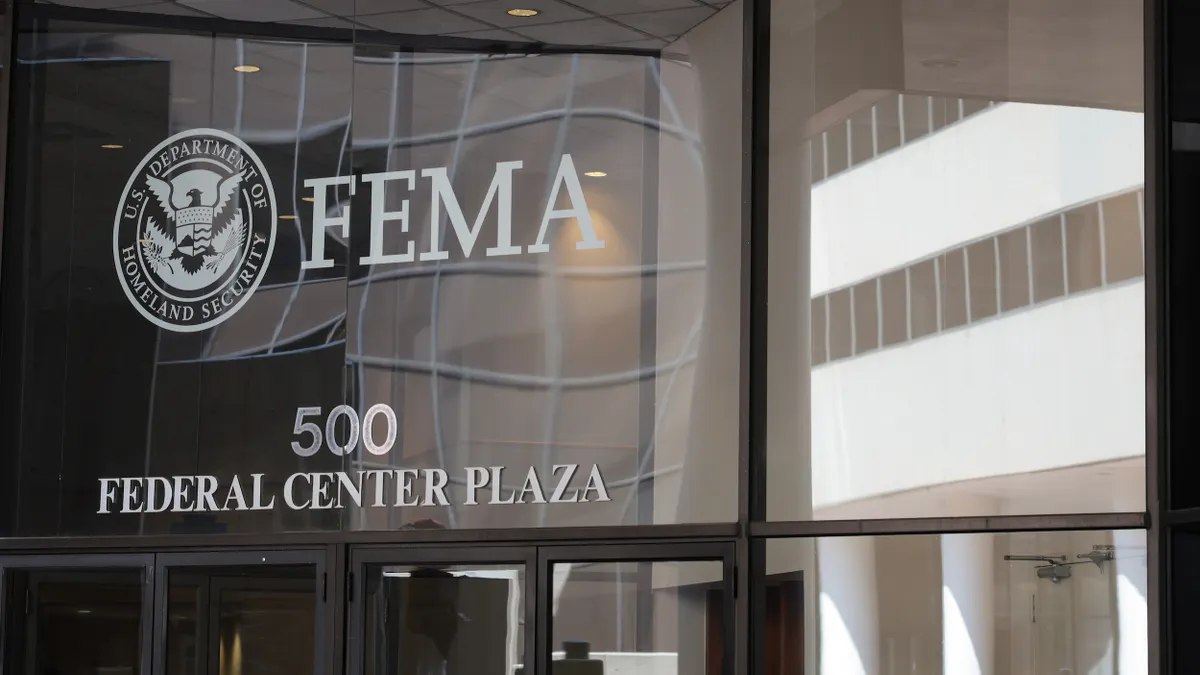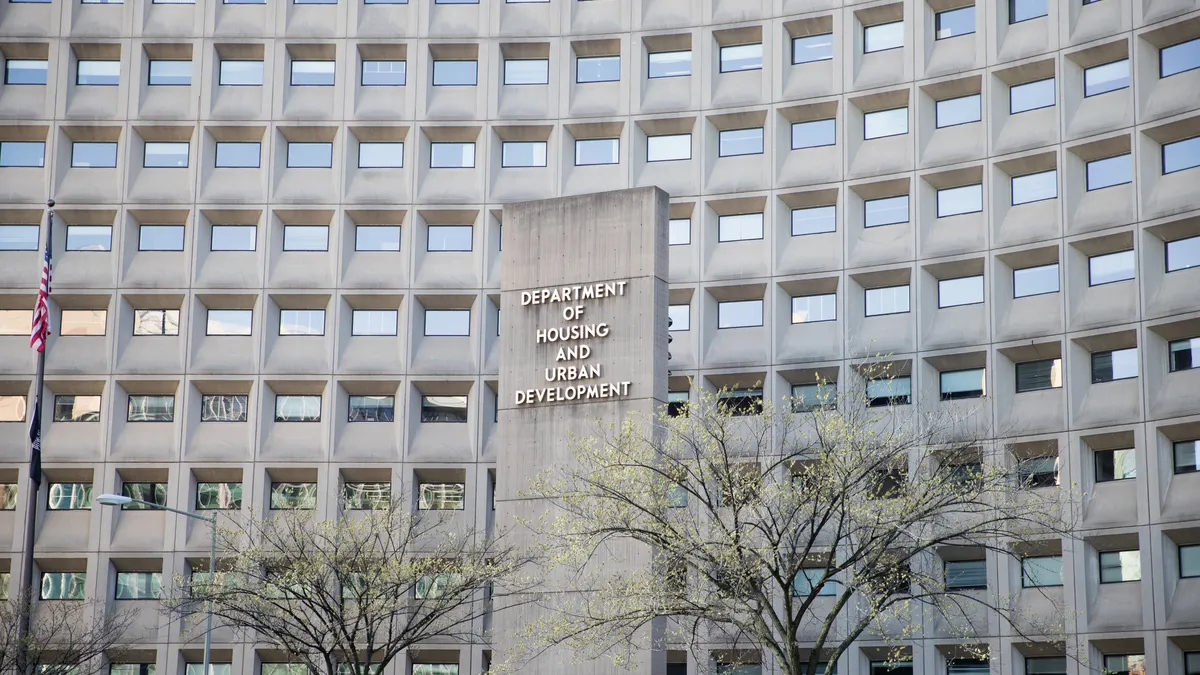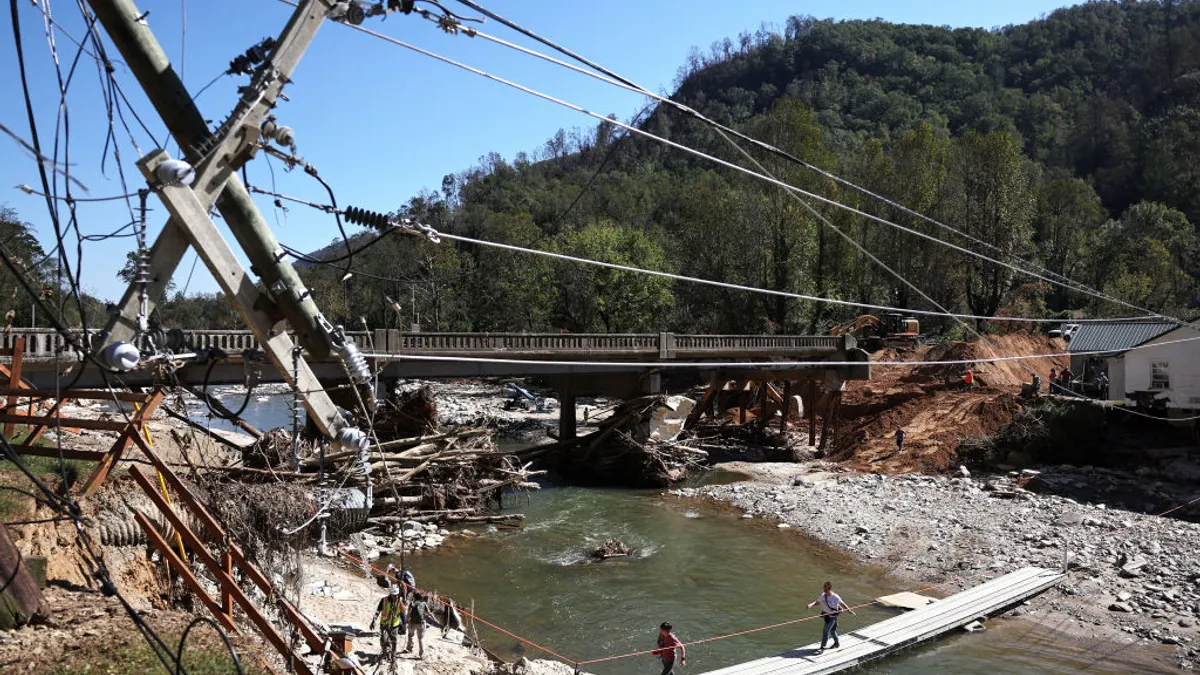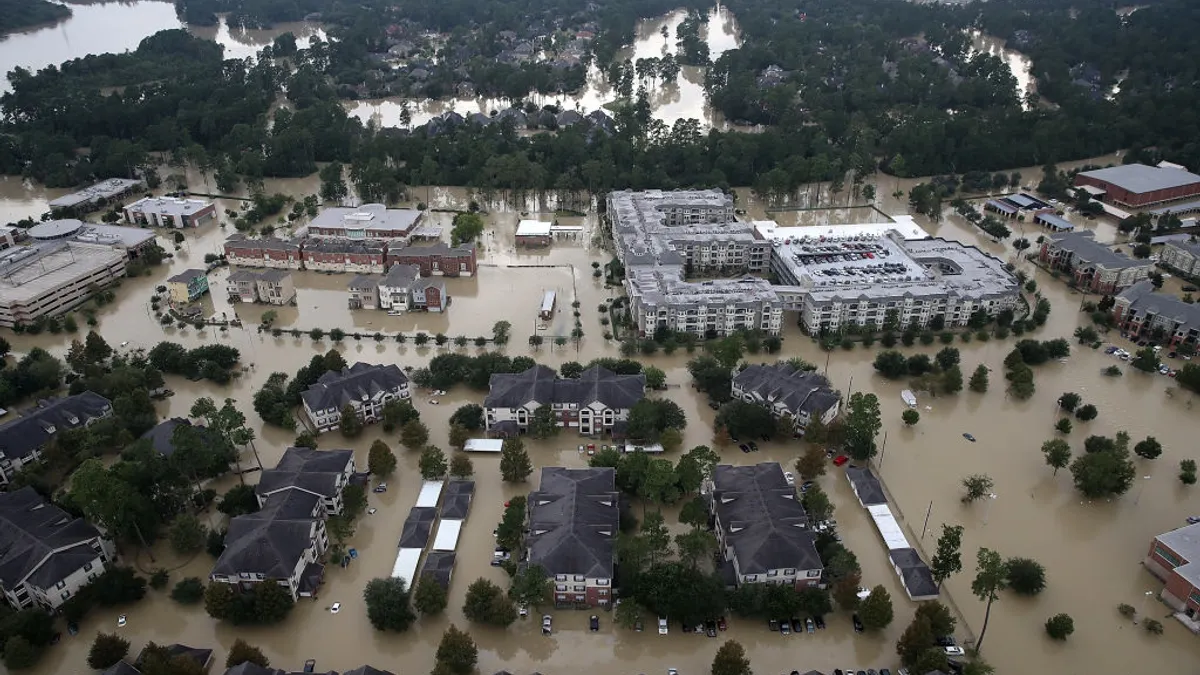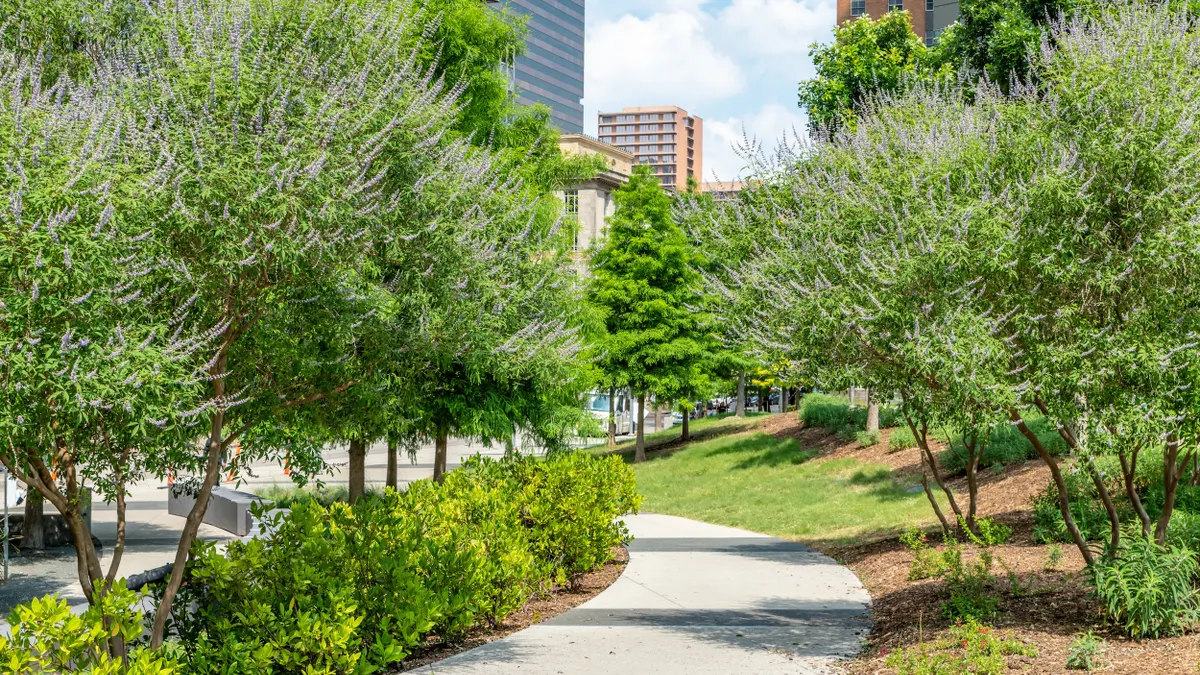The U.S. Department of Agriculture selected 38 projects in 2023 to receive about $11.5 million in American Rescue Plan Act funding that show promise in reducing food loss and waste, the agency announced last week. The projects are funded through Composting and Food Waste Reduction cooperative agreements administered by the USDA, and are expected to be implemented between now and 2026.
“These Composting and Food Waste Reduction projects help communities reduce food waste and greenhouse gas emissions,” said Terry Cosby, chief of USDA’s Natural Resources Conservation Service, in a statement. “Local strategies and tools like these are important climate solutions and also contribute to food security at the community level.”
The agency used several criteria to select projects, including consumers’ and farmers’ access to finished compost, involvement of community gardeners and integration with existing food waste strategies.
The USDA's role in addressing food loss and waste has grown in recent years and has led to increased funding opportunities, in part due to stimulus packages like ARPA. The 2018 reauthorization of the USDA included the creation of a Food Loss and Waste Reduction Liaison whose role is to identify strategies and opportunities to beneficially use organics that would otherwise end up in disposal.
In December, the Biden administration released a draft National Strategy for Reducing Food Loss and Waste and Recycling Organics. The strategy noted that USDA plans to spend $30 million through the Composting and Food Waste Reduction program over the next three years to continue to support private organics recyclers and their local governments.
Among the newly announced 2023 grant recipients are municipalities, counties and school districts, many of which are expanding on existing, but limited, food waste collection services. An agency spokesperson said in an email that USDA plans to release funding information for each project “once the agreements are all in place.”
The agency highlighted Cleveland, Ohio’s proposal as an example of the kind of project it's funding. Cleveland plans to use the funding to boost the number of residential compost drop-off locations from seven to 17, with an eye toward increasing access for disadvantaged communities. It also plans to "provide subsidized monthly subscriptions to composting services to 250 SNAP-eligible households" and train 34 composting specialists from the historically disadvantaged Kinsman neighborhood through existing partnerships, according to an agency list of projects.
Los Angeles will similarly expand a network of farmers' market food waste drop-off sites to serve more environmental justice communities and grow the amount of feedstock for the city's community composting program.
The funding will also help build regional composting capacity. In southeastern Connecticut, the USDA will finance the state’s “first and only commercial-scale food waste composting facility” through the Southeastern Connecticut Regional Resources Recovery Authority. The SCRRRA requested $400,000 for the facility and intends to build a bunker-style aerobic static pile facility that can process 5,000 tons of organics per year, Executive Director David Aldridge said in an email.
In the area around Albuquerque, New Mexico, USDA is also partnering with the Ciudad Soil and Water Conservation District on the Cultivating Collaborative Composting in New Mexico project. The funding will allow the district to create a compost coordinator position, who will coordinate partnerships with public sector partners from Bernalillo, Sandoval and Santa Fe counties and private partners like Reunity Resources and the Indigenous Farm Hub. Those partnerships will lead to the creation of new resources like a composting co-op at a community gaden and farm compost hub led by the IFH, according to Erin Balz, education manager for the district.
The funding will help some municipalities enhance their existing waste plans. Gary, Indiana, for instance, said it would use the funding to develop a comprehensive residential waste management program, which would include waste reduction, recycling, composting and community outreach. Oklahoma City, Oklahoma, is also piloting a free compost collection program with 20 drop off sites, 40% of which will benefit disadvantaged communities.
The recipients also include several school districts. Chicago Public Schools will use its funding to develop a universal composting plan for all schools, with upskilling for staff and student participation. Schools in Alaska, Arizona, Missouri, New Hampshire, Rhode Island, Vermont and Wisconsin will also get involved in composting through new funding.
The USDA’s website includes a map and spreadsheet of all the recipients. A portal for the 2023 round of funding notes that applicants could receive anywhere from $55,000 to $400,000.



